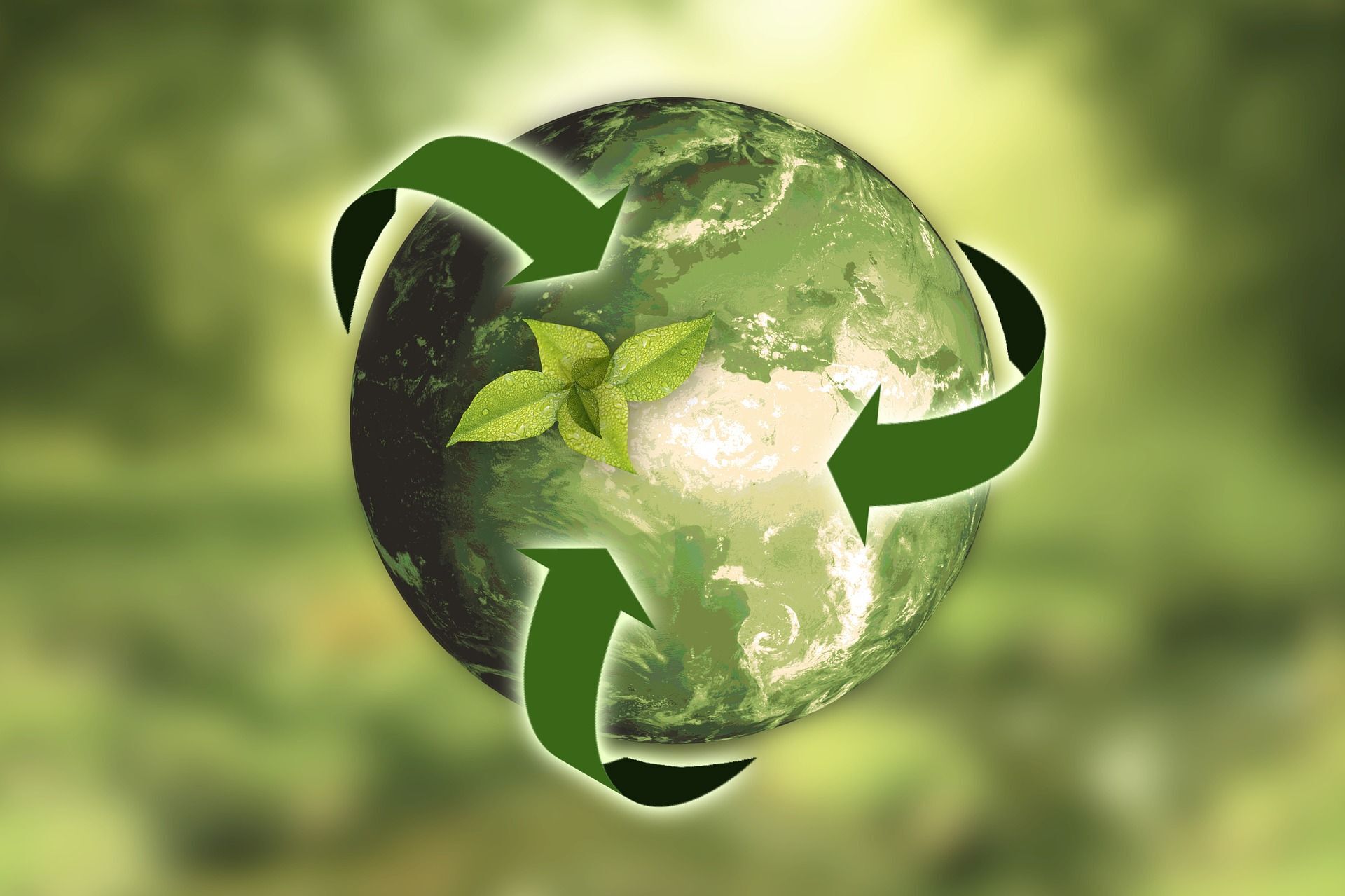This might contain new collaborative strategies, processes, and behavior between actors; the influence of governmental re-regulations (re-institutionalization), or the emergence of platform business models. Central questions will evolve around how actors within existing or emerging ecosystems co-create viable offerings that create value for all engaged actors and for the system itself. These will require adaptations within and between actors and often manifest in changed institutional arrangements (that is, governance structures of the ecosystem) and changes in business logic between actors.
Sustainable Ecosystem Transition (SET)
The group will focus on research on transitions of ecosystems that can enable a win-win for all engaged parties.
- Established:
- 2022
- Affiliation:
- Inland School of Business and Social Sciences
- Academic discipline:
- Economy, management, and innovation

What we research
The research group Sustainable Ecosystem Transition (SET) is organized to serve as a forum for academic development and to build a competence center related to the transitions of ecosystems that go beyond the traditional organizational boundaries.
More about the research group
This is conducted by focusing on sustainable growth enabled by digitalization for engaged actors and the whole system. The research group’s perspective is therefore mainly between actors (public and private organizations), and the level of analysis is on the system as a whole but sometimes a focus on the system from an organizational level is needed. The research group has built and will continue to build a network of academic staff and students. The Sustainable Ecosystem Transition group will provide a forum to support the research process by providing an environment of peer support, research activities, and an internal and international network.
Connecting with industry and society
The goal is to foster research activities that benefit industry and society. Developing industry and social networks will enable the research group to connect and work more closely with externally funded research activities, such as joint research applications between SGI and the industry
Connecting with students
Students can be seen as a great resource for the research group. The connections with industry can be used to find external funding as described above, but also for smaller studies or parts of a research project that students can perform as their thesis work, for example. Industry connections can help students with finding relevant research topics through industry connections for their thesis. The research group will also conduct specific workshops for students to connect with industry and develop thesis ideas.
With connections with international researchers and connecting strongly to industry, the research group’s goal is to send in several applications for external funding.
Contact the research group
- david.sorhammar@inn.no
- Phone
- +47 62 59 79 13
Members
- Primary members:
- Bård Tronvoll
- Andrew Adewale Alola
- Petter Braathen
- Usama Awan
- Martin Hanssen
- David Sörhammar (Leader)
- Secondary members:
- Gabriel Linton
- Johan Kask
- Rolf Gunnar Findsrud
- Kelsey Kristine Tisthammer
- Bjørn Ronny Vien


